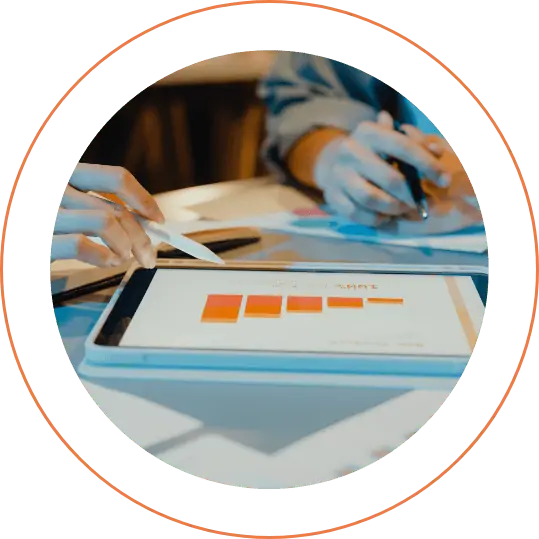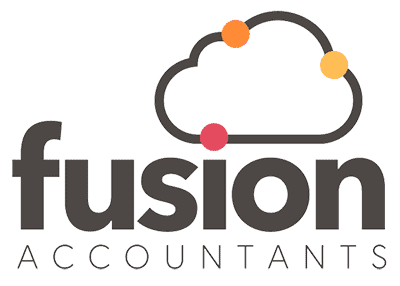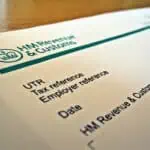Tips on how to keep track of your business expenses
Reading Time:
Tracking business expenses may seem a little monotonous, but it plays a crucial part in understanding the financial health of your small business. In addition, keeping a close eye on your expense reports will take the stress out of the tax reporting dates by eliminating that last-minute panic to make sense of your receipts and invoices.
Many small business owners experience cash flow problems, and top of the list is expenses which can have a significant impact on your cash flow if not appropriately monitored. The good news is several handy techniques you can use to track your expenses to make your company more efficient.
Getting into a familiar routine of good money management will help you save money, trim unnecessary costs, and turn you into a profitable enterprise. As a result, you will become more attractive to investors and financiers who can advance small business loans to boost your business.
In this article, you will learn more about business expenses and pick up tips on keeping track of your business expenses into a daily habit!
What are business expenses?
Expenses are the costs of running your business. Allowable business expenses are the costs you incur as a business in the ordinary course of your operations, including rental payments, the cost of stocks, supplies, insurance, rent, salaries, and utility payments. Some of them qualify for tax deductions which means you will pay less tax when you claim all your business expenses on your self-assessment tax return.
Reasons why tracking business expenses is important
It pays to track your business expenses as a small business owner, as your capital will dictate your day-to-day cash flow, improve your bookkeeping accounting, as well as see whether you can invest or grow. Here’s why.

1. Use the ‘little and often’ approach
It is tempting to push managing your expenses to one side until the very last moment.
But putting aside a small part of your working day doing a little at a time could be beneficial. Set up a reminder in your e-calendar one day a month to upload your receipts, create expense reports and review spending.
Bring everything together with your bank statement making your workload far more manageable, always right up to date and less stressful!
2. Better cash flow management
You can tell the financial health of your company by tracking your spending. That will help you know if you will have sufficient cash flow to meet your obligations. With that information, you can adjust your amounts to manage your cash flows or take small business loans to meet your working capital funding needs.
3. Better decision making on budgeting
You get to know early on whether your spending is within budget. If you need to adjust, rein in excesses and minimise wastage will help achieve organisational financial goals like reviewing processes and making cost-saving cuts to maximise your profits. By matching expenses to the revenues, they generate, you can make informed decisions on which areas you can increase profitability, especially true if your business runs various product lines.
4. Calculate your profitability
The formula for determining your business profitability is revenue – expenses = profit.
Making sure you know how much money you are making where you are spending helps you make better longer-term financial decisions for your business. A profitable organisation is better placed to attract investors, win grants, and secure financing from lenders. However, suppose you do not have a clear picture of how much money you are spending or where you are spending it. In that case, it will be far more difficult to establish where you are underspending, overspending or whether you are investing it in the wrong places and adjust your spending accordingly.
When you keep track of business costs, you take the guesswork out of calculating the profitability and sense-check you have enough cash reserves to cope with a downturn or emergency and keep your tax records up to date without going through a mountain of receipts.

5. Allowable business expenses
The tax season is stressful for many small business owners if you are unprepared. Remember, the more regularly you track your expenses, the more accurate your financial statements are, and more likely you will be to be paying the right amount of tax, as you can reduce the tax your company will pay to HMRC.
Here are some examples of allowable business expenses that are tax-deductible:
- Marketing and advertising
- Client meals
- Home office or office rent/mortgage and utilities
- Travel expenses
- Office supplies, rent and phone bills
- Staff costs, such as salaries and bonuses
- Clothing expenses (business uniform or safety gear)
Different rules on what expenses you can claim differ if you are self-employed or are a limited company. Visit the HMRC’s website, which gives more detailed examples of business expenses you can claim as well as further guidance.

6. Keep a record of your expenses
Whilst it is doubtful, should you ever lose the data you have stored on your accounting software, it is a good idea to keep a backup just in case.
Paper receipts can tear or fade over time and be challenging to read, so an electronic backup is usually best. Just make sure when managing your business expenses, you clearly label it so that anyone needing to access the information knows what it is and what it relates to.
Another more traditional option is creating a small business spreadsheet for income and expenses onto an excel folder which you can keep on your desktop or in a folder.
You need a backup because you may need to provide your receipts documentation as proof for your deductions. Though HMRC has not conducted any random checks for several years now, it does not mean they are not keeping a beady eye on your financials, as they can still request an audit if they see unusual activity in your accounts.
7. Invest in accounting software
More than 90% of small businesses now use cloud accounting software (such as Xero and Quickbooks), making your life as an entrepreneur much more manageable as all your accounting data is stored securely in one place. Using the mobile app, you can access any of your financials anytime, anywhere, at the press of a button! You can add your expenses instantly whilst out at a business lunch, going to seminars and conferences, as well as adding any associated travel costs too. Gone are the days of keeping numerous receipts and then remembering which cost is related to which.
You can also use your online software to sync with your bank account, so your expenses flow directly into the platform. Your tax records will also be more secure; you can file your tax returns more quickly, or easy access to your financial information should be easy you ever be audited.
Main benefits of using accounting software for your business expenses:
- Sync with your business bank account
- Capture your costs, upload photos, and then store electronically
- Reimburse expenses promptly
- Automatically import and categorise your transactions
- Monitor employee spending
- Generate, chase or file invoices
Conclusion
Tracking business expenses should be an integral part of your organisation’s culture. Whether you will do it using cloud accounting software and expenses spreadsheet or a mobile app, you will benefit enormously. First, it will improve your cash flow which is the lifeblood of any small business’ success and longevity. A well-organised business with regularly maintained records also has a higher chance of attracting investors and qualifying for small business loans from lenders.
Understanding small business accounting is crucial for understanding how to track and manage your business expenses. You will also be better prepared for the tax season, lowering your tax bill as much as possible keeping you on the right side of HMRC.
We hope our tips on keeping track of business expenses will mean you are now fully equipped to make more informed decisions on the type of accounting method that will work best for your business, how to set up and maintain healthy bookkeeping, accounting, and invoicing system.






